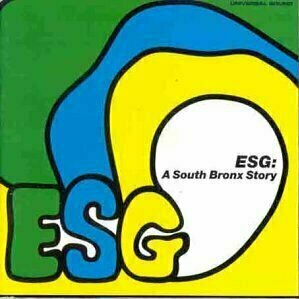
Mr. Glamour
Book
Something dark is preying on the glitz of the glamour set. DCI Jackson Flare and Inspector Mandy...
Beth Ditto recommended ASouthBronxStory by ESG in Music (curated)
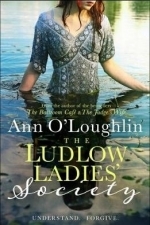
The Ludlow Ladies’ Society
Book
Connie Carter has lost everybody and everything dear to her. To help nurse her grieving heart and to...
Fiction
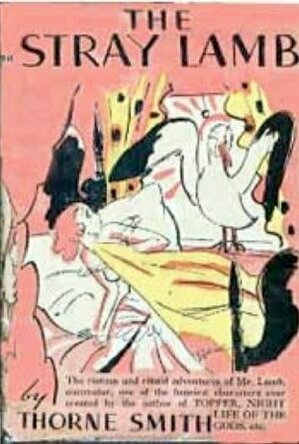
The Stray Lamb
Book
Mr. T. Lawrence Lamb had a wife, a daughter, and a commutation ticket. He worked hard, looked at...
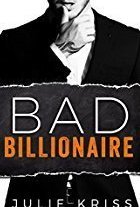
Bad Billionaire
Book
I’m no one. A mechanic. A getaway driver. A thief. I was born on the streets, and I like it...
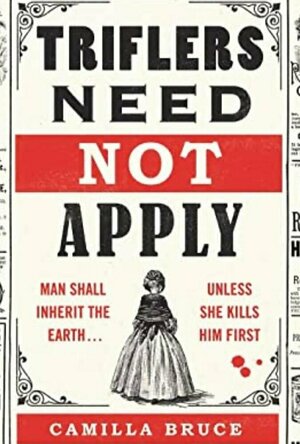
Triflers Need Not Apply
Book
The deliciously dark reimagining of the life and times of history's original female serial killer. ...
True(ish) crime Belle Gunness Historical Fiction

Journey Man (Knights of Black Swan #9)
Book
For five years Glendennon Catch had knocked around the globe as a floater, filling in wherever a...
Adult Paranormal Romance
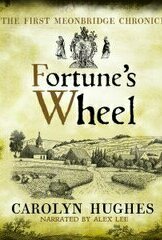
Fortune's Wheel (The Meonbridge Chronicles #1)
Book
How do you recover from the havoc wrought by history's cruellest plague? It's June 1349. In...
Historical Fiction Historical Romance Medieval England
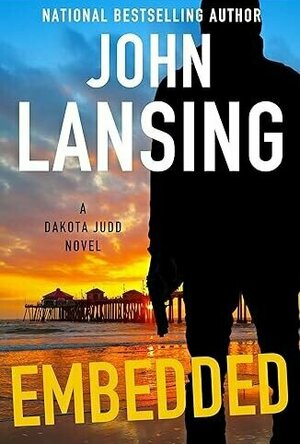
Embedded (Dakota Judd #1)
Book
Jailed Army Ranger Dakota Judd is offered a life-altering deal from Jean Steele, an ambitious and...
Thriller Suspense
BankofMarquis (1832 KP) rated Little Women (2019) in Movies
Feb 5, 2020
Well...yes...and...no.
As adapted and directed by Greta Gerwig, this version of LITTLE WOMEN stars Saoirse Ronan as Jo, Emma Watson as Meg, Florence Pugh as Amy and Eliza Scanlen as Beth and has a strong "2019" female empowerment vibe to it (this is intended to be a compliment). I've seen this called a "Little Women for the #metoo era" and I think this is misguided branding - for it does disservice to the #metoo movement - and to this film.
Ronan - as expected - was Oscar nominated for her strong, independent turn as the strong and independent Jo. This is a perfect marriage of performer and material (almost as good as the Hepburn turn) and Ronan lands this character strongly (and correctly) at every turn. Timothee Chalamet matches her beat for beat as her erstwhile love, Laurie. This is the 2nd time that these two have played opposite each other (LADYBIRD was the other time) and there is a strong chemistry between these two - I look forward to many, many more pairings of Ronan and Chalamet in the future.
Famously (or maybe, it's infamously) Greta Gerwig did NOT receive and Oscar nomination for her Direction - and I think that is a shame (there are at least 2 nominated Directors that I would take off the list in favor of her). Because she adapted the screen play (a piece of work that she WAS Oscar nominated for - and will win in an effort to make up for the Directing snub), her Direction is sure-handed and strong throughout. She has a very good feel for the material and knows what she wants to do throughout, to interesting results.
This is because Gerwig chooses to focus much of this version on the relationship between Jo and Amy - a relationship that gets short shrift in most of the other adaptations. By casting Florence Pugh (also Oscar nominated) in the Amy role, Gerwig has a strong antagonist to Ronan's protagonist - with shades of both being grey. Neither character (or performance) is black and white they are both interacting with each other as realistic sisters would, both taking turns being "in the right"....and "the wrong".
Because of the focus on the Jo and Amy characters, the other 2 sisters - Meg and (especially) Beth - get short changed and even though both Watson and Scanlen are "game", they have precious little to do. The same goes with Meryl Streep (Aunt March), Laura Dern (Marmie), Tracy Letts (who seems to be in EVERYTHING right now) and Bob Odenkirk (of all people). They are all strong - and earnest - in their limited time on screen, but NONE of them have that much to do. Only Chris Cooper shines brightly in his small, supporting role.
I have to admit that because I've seen this story many, many times, I found my mind wandering a bit - especially at the beginning. But by the time Ronan/Chalamet/Pugh started working off of each other, the film - and my interest - rose.
So...is another version of LITTLE WOMEN necessary? I'd say no. But...if this version of LITTLE WOMEN is the one that the Little Women of today see - and can identify with - then I say "bring it on."
Letter Grade: A-
8 stars (out of 10) and you can take that to the Bank (ofMarquis)
